
UNECE Trees in Cities Challenge surpasses goal with over 18 million trees planted
The UNECE Trees in Cities Challenge, a global effort to enhance urban greening, reduce extreme heat events and improve air quality, has reached a significant milestone. Since its launch in 2019, the initiative has facilitated the planting of 18.5 million trees in cities worldwide, more than double its initial target. This significant accomplishment represents a collective effort by partners to improve our planet's well-being.
The Trees in Cities Challenge aims to address the pressing challenges of climate change and urban pollution by encouraging the planting and care of trees in urban environments. Trees play a vital role in mitigating greenhouse gas emissions, improving air quality, reducing noise pollution, and enhancing community well-being and biodiversity. The Challenge has garnered widespread support from cities, governments, and civil society organizations around the world.
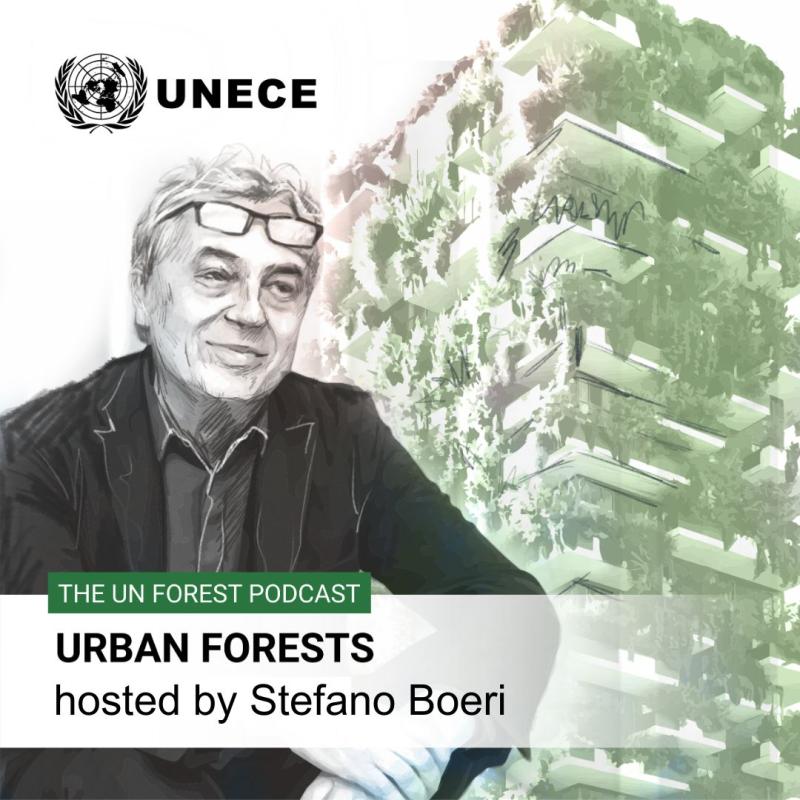
Urban forests in the spotlight of the first episode of the UN Forest Podcast
Trees belong in cities. Yet, as cities across the globe get bigger, trees and green spaces are lost to new buildings and infrastructure. With less than 20 percent of ground area covered by tree crowns, on average, cities all over the world need many more trees than they have today.
But why? Why do we need to bring nature back into people’s neighborhoods?
In the first episode of the UN Forest Podcast – “Urban forests hosted by Stefano Boeri” – architect and professor at Politecnico di Milano, Stefano Boeri, and Cecil Konijnendijk, professor of urban forestry researcher and contributor to many UNECE urban forest publications, discuss how we can expand green space areas across cities that are often very dense and how can we guarantee that the benefits of urban forests are provided in a sound and inclusive way.
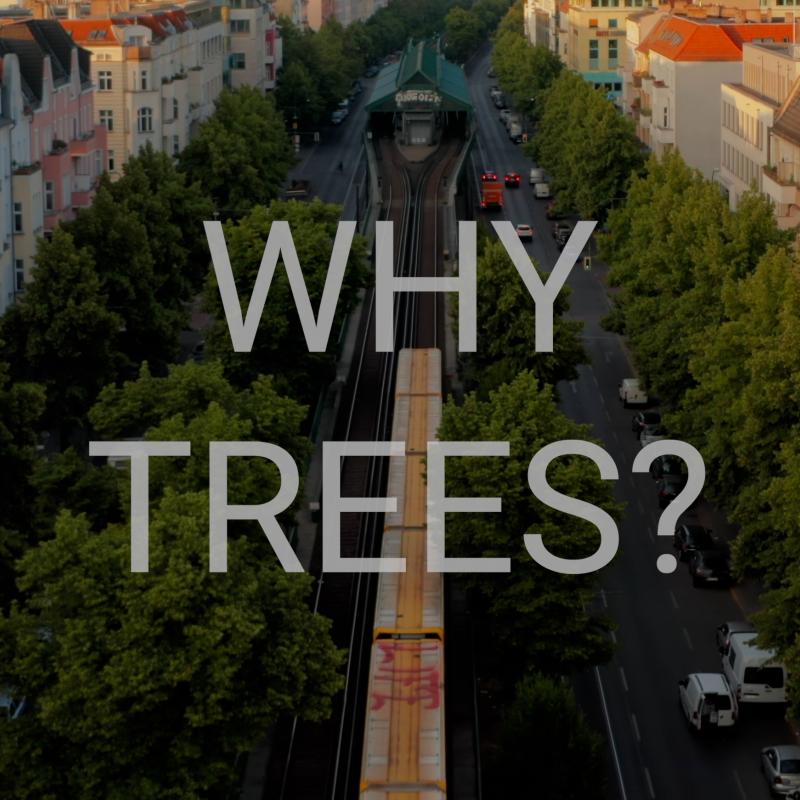
Why trees? UNECE premieres short film calling for trees in cities at the Regional Forum for Sustainable Development
Picture your favorite tree-lined street or childhood park. Now picture it without trees. Would it be the same?
On 30 March, at the Regional Forum for Sustainable Development, UNECE debuted the short film “Why Trees?”, which invites us to reflect on our human connection with the trees around us. Through poetry, interviews and dance, the film reminds viewers that trees bring our cities to life and make them healthy, resilient places to live.
As part of the Regional Forum side event “The city of the future is a green city: why we need trees in our cities for the SDGs” the film’s message is clear: Trees are part of the solution. They are good for our communities, our countries and the environment.
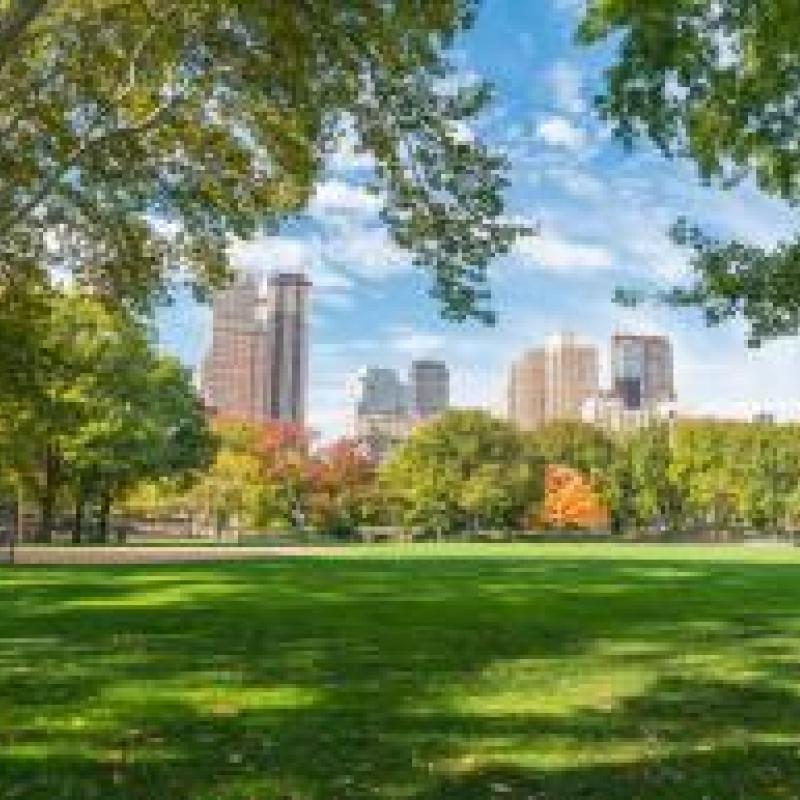
Urban trees support global biodiversity and sustainable societies
During the past two weeks, over 10,000 delegates have attended the second part of the Conference of Parties (COP-15) of the UN Convention on Biological Diversity (CBD) in Montreal, Canada, as they seek to agree on the post-2020 Global Biodiversity Framework. Unsurprisingly, forests are at the centre of many of these discussions as a critical resource and habitat for life on earth. They play a fundamental role in maintaining the ecological balance at planetary and local scale, and are a source of livelihoods, medicines and food for billions of people. They also provide billions of dollars in ecosystem services each year, from water catchment and flood protection to carbon capture and climate regulation.
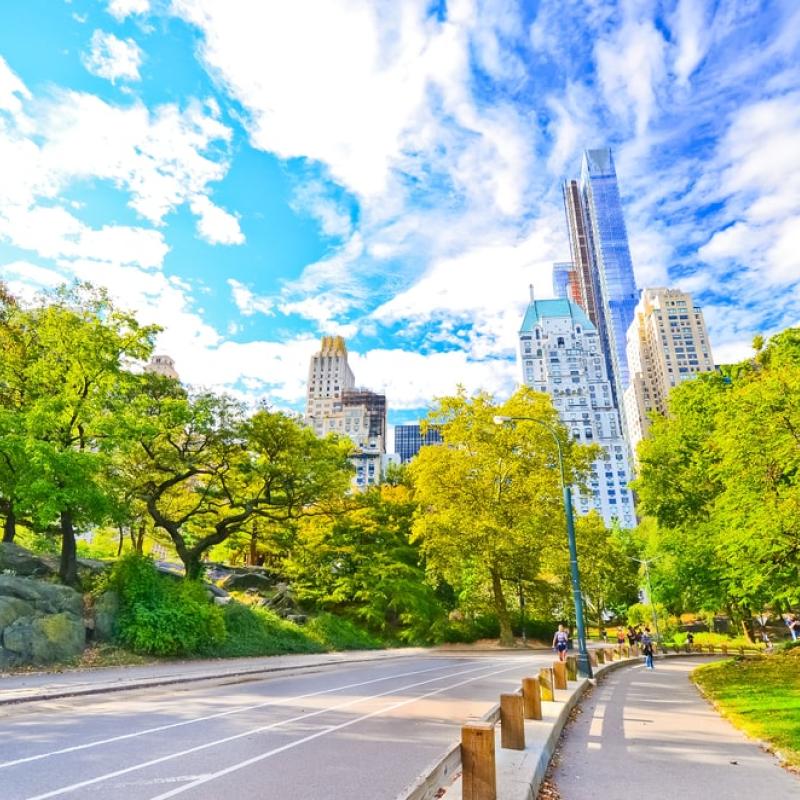
The 80th Committee on Forests and the Forestry Industry opens with opportunities for bringing nature back into our cities
As cities grow, urban planners and city administrators face daily challenges in maintaining healthy, sustainable, liveable, and resilient urban environments capable of contributing to a good quality of life for city dwellers.
The 80th Session of the UNECE Committee on Forests and the Forestry Industry highlighted that urban and peri-urban forests are a cost-effective solution to address the compounding challenges cities face.
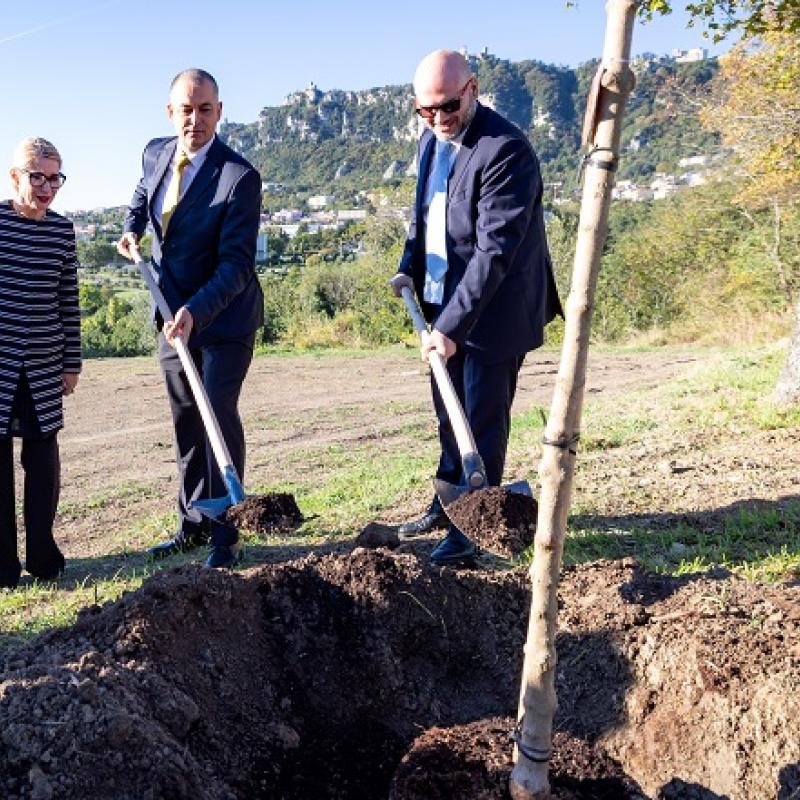
75-tree forest planted for UNECE in San Marino to promote sustainable cities for current and future generations
75 years ago, the United Nations Economic Commission for Europe (UNECE) started working on forests. Today, we recognize their enormous potential not only for humans, fauna, flora, and the environment, but also for cities. In an urbanizing world, the contribution of forests to cleaning our air and water, cooling urban heat islands, supporting our health and well-being by shielding us from floods and landslides and providing opportunities for recreation are increasingly important.
With the planting of 75 trees in San Marino, UNECE reaffirms its commitment to supporting countries to make cities greener, more sustainable and resilient. This tiny forest connects old and young, thus allowing generations to live in a healthier urban environment today and tomorrow.
75 trees for urban biodiversity
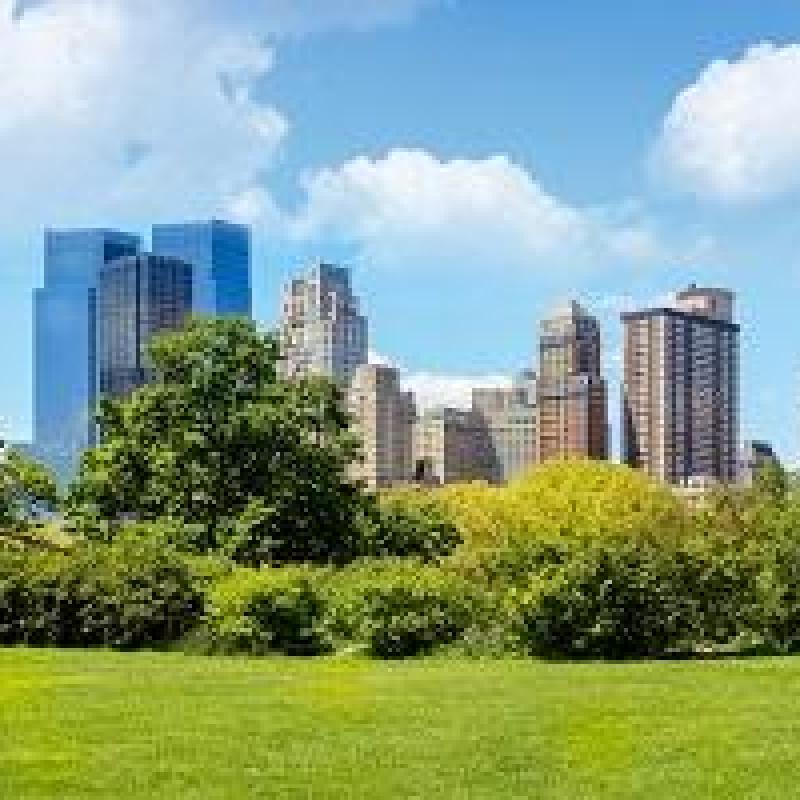
Urban forests can help future-proof cities
Cities, which are already responsible for around 75% of global CO2 emissions, are also at the forefront of fighting climate change and simultaneously are particularly vulnerable to its impacts. Urban trees and forests have been highlighted as a solution that can help to achieve the SDGs and make the cities resilient to the future impact of larger populations, higher temperatures, pandemics, weather extremes and natural disasters.
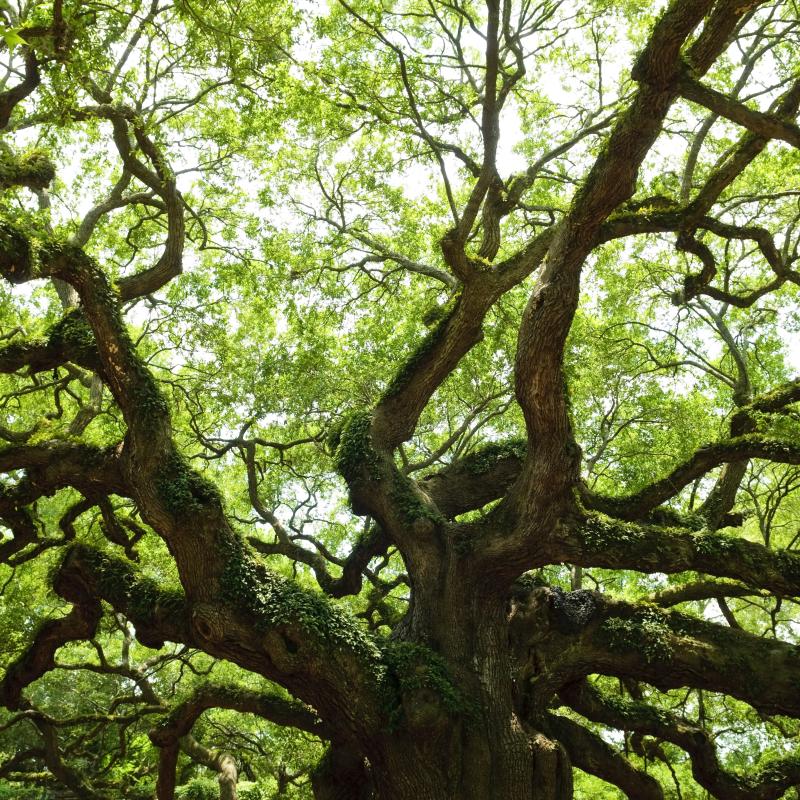
Geneva, Lausanne, Nice and Bordeaux aim to bring the forest to the city
Geneva has planted the first two urban micro-forests (also known as Miyawaki forests) in Switzerland. The city has also begun to progressively abandon the pruning of its architectural trees, to increase the canopy size and cover of existing public trees. Further along Lake Leman, Lausanne is also working to increase canopy cover within the city from current coverage of 20% to a target of 30% by 2040.
In France, the City of Nice plans to plant 280,000 trees by 2026, a five-fold increase in the number of trees in the city. Nice is also updating its urban planning policies to ensure that only species adapted to the changing climate are used. Bordeaux has complemented its tree planting pledge with a commitment to strengthen sustainable urban forest management practices, which is critical to maintain and enhance the benefits of urban trees and forests for future generations.


